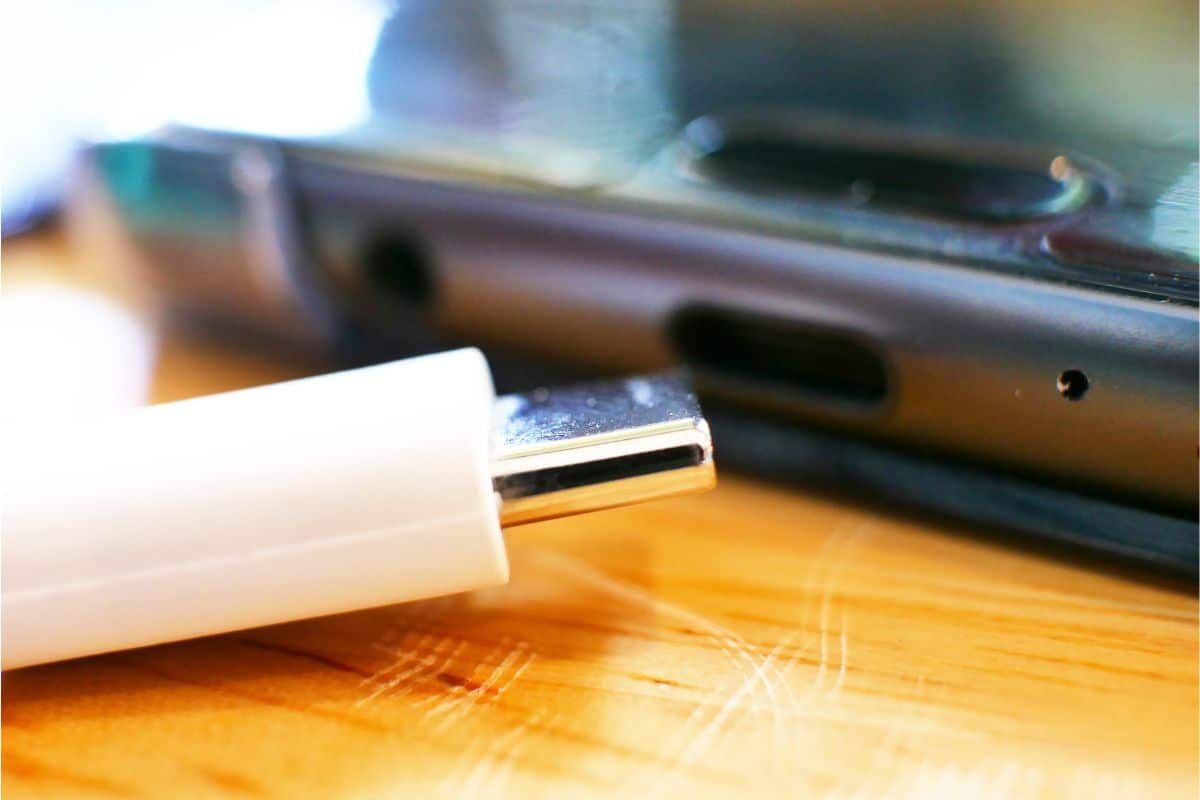Starting January 1, 2025, Saudi Arabia will adopt USB Type-C as the exclusive charging port for mobile phones and various electronic gadgets.
This move is part of a comprehensive initiative aimed at improving user experiences, ensuring high-quality charging and data transfer technology, and promoting environmental sustainability through the reduction of electronic waste.
The Saudi Standards, Metrology and Quality Organisation, in collaboration with the Communications, Space and Technology Commission, have jointly unveiled the mandatory stages of this pivotal transition.
The focus of this directive is not only to enhance user experiences but also to avoid imposing additional costs on consumers, thereby ensuring a seamless transition.
This transition also aligns with the principles of environmental sustainability, with Saudi Arabia expecting a substantial reduction in annual domestic charger and charging cable consumption by over 2.2 million units.
This measure is projected to lead to savings exceeding SAR170 million for Saudi consumers and contribute to environmental goals by diminishing electronic waste by approximately 15 tons annually.
The implementation of this mandate will take place in two distinct phases. The first phase, scheduled to commence on January 1, 2025, will encompass a wide range of devices including mobile phones, tablets, digital cameras, e-readers, portable video game devices, headphones, earphones, amplifiers, keyboards, computer mice, portable navigation systems, portable speakers, and wireless routers.
The second phase, set to begin on April 1, 2026, will encompass laptops as well.
Saudi Arabia mandates USB Type-C standard
Starting 2025, companies and suppliers operating within the Saudi Arabian market will be required to adhere to the USB Type-C standard.
They must conform to the technical and administrative specifications outlined in the relevant technical regulations and standards.
USB Type-C, renowned as the universal standard for wired connections of smart devices, stands as an industry-standard connector capable of transmitting both data and power through a single cable.
This technology replaces previous standards like Micro-USB and USB-A, which are gradually becoming obsolete.

One of the key attributes of USB-C is its reversible, pill-shaped design that enables users to plug the cable into their devices in either orientation.
The USB-C port is pivotal in enabling fast charging and rapid data transfer capabilities, providing an enhanced user experience.







